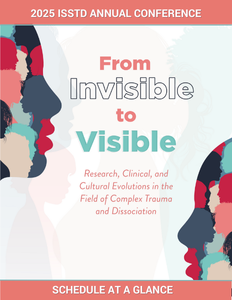Back
Plenary Workshop
Applying Liberation Psychology to Trauma Recovery
Saturday, March 15, 2025
10:30 AM – 12:00 PM US Eastern Time
Location: Grand Ballroom A
Learning Level: Beginning/Introductory
- TB
Thema Bryant, PhD (she/her/hers)
Professor
Pepperdine University
Canoga Park, California, United States
Trauma, ranging from interpersonal to intergenerational, can create severe dysregulation and psychic suffering. As it potentially disrupts the nervous system, identity, affect regulation, and relationship schemas, trauma can disconnect survivors from the various aspects of themselves as well as their community. As a trauma survivor and trauma psychologist, I have dedicated my career to exploring ways of restoring and healing those severed connections. Exploring decolonial and liberation psychologies awakened me to conceptualizations and frameworks that center reclamation as a form of holistic healing, as well as individual and collective empowerment. While much of the individually-centered trauma literature focuses on skills based psycho-education and cognitive-behavioral coping strategies, there has traditionally been less, although growing, attention paid to the diverse culturally-grounded, socio-political pathways for survivors to reclaim themselves. This presentation will explore the definition of decolonial and liberation psychologies, the pathways they illuminate that can benefit the trauma recovery process, and implications for training/teaching, research, practice, and policy.
Learning Objectives:
At the conclusion of this session participants will be able to:
- Describe Liberation Psychology
- Describe Decolonial Psychology
- Explain two gaps or critiques of traditional trauma psychology
- Describe three healing pathways for trauma survivors that align with liberation and decolonial psychology
- Provide a therapeutic implication of liberation psychology for trauma-informed care

